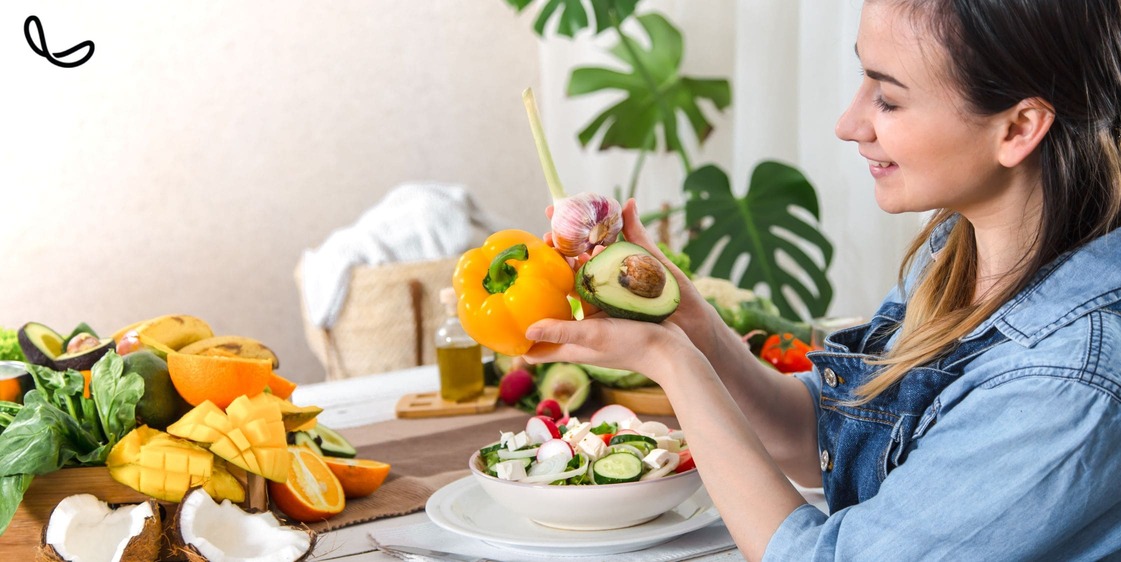Probiotic foods are those that have been elaborated through fermentation with microorganisms. These foods cause us to ingest millions of bacteria when consumed, which contributes to the improvement of the intestinal microbiota. Fermented foods are found in all cultures. Yogurt, sourdough bread, kefir, sauerkraut, pickles, olives, beer, wine, kombucha.
In the fermentation process, the microorganisms consume the sugars naturally present in the food and form acids or alcohol, hence the characteristic taste of these foods.
However, not all fermented foods are probiotic. And here, as always, concepts, marketing and fashions are mixed. For a food to be considered probiotic, it is not enough that the food has beneficial bacteria, they have to be alive at the time of ingestion. This is why real probiotic foods are usually refrigerated in the supermarket. Many fermented dairy foods do not contain live bacteria, as they have been pasteurized (heated) to be safe to eat. A sourdough bread is fermented with yeast, but most will die in the baking process.
Unrefrigerated probiotics may also be present, but they tend to be less abundant. Most pickles or olives are usually packed fresh in vinegar (pickled), without having been left to ferment.
To recognize in the supermarket which foods can act as probiotics you should take into account the following:
- They are usually refrigerated. Some products may be at room temperature, such as pickles or olives, but in that case make sure that it says “unpasteurized” on the package.
- In yogurts and kefir, the milk is pasteurized (it is necessary) and then the ferments are added. Therefore, you should put “pasteurized milk” and then “lactic ferment”. In case of kefir also “yeast granules”.
- In pickles, olives, sauerkraut or kombucha, make sure that they only have salt or water. This way the natural fermentation (lactofermentation) takes place. If an acidic medium, such as vinegar, is added, there would no longer be fermentation, but rather pickling. And remember, make sure that it says “unpasteurized” on the package.









